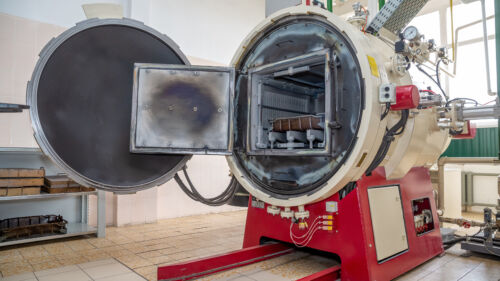TCMO2 is a thermodynamic and thermophysical properties database for molybdenum-based alloys and superalloys. All necessary volume data (including molar volume and thermal expansivity) for various alloy phases is available in TCMO2. TCMO2 also comes with the description of electrical resistivity and thermal conductivity, as well as surface tension and viscosity of the liquid.
Molybdenum-based alloys are used in various applications due to their excellent mechanical, thermal, and corrosion-resistant properties. They’re commonly used in aerospace components, electrical contacts, industrial machinery, and high-temperature furnace parts. Additionally, molybdenum is utilized in the production of high-strength steel alloys, which are crucial in construction and automotive industries for their durability and resistance to corrosion and heat.
The molybdenum-based alloys databases – TCMO2 and MOBMO2 – are available for refractory (e.g. Mo-base) superalloys that function at higher temperatures than the Ni-base superalloys. The molybdenum databases include the silicide and borosilicide phases to form SiO2-based scales, which is to overcome the challenge of poor oxidation resistance that happens with these alloys that contain MoO3.
TCMO2 was developed to be used with our entire suite of products: Thermo-Calc, the Add-on Modules, and all available SDKs.


